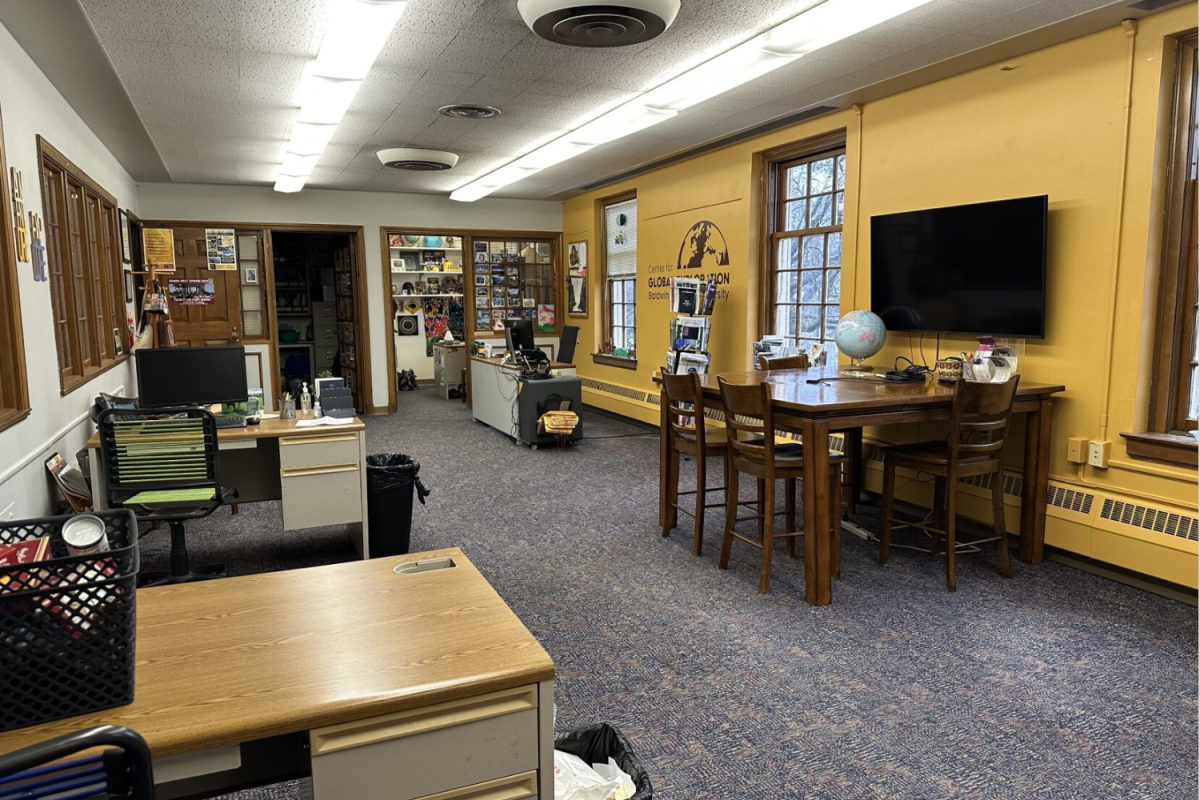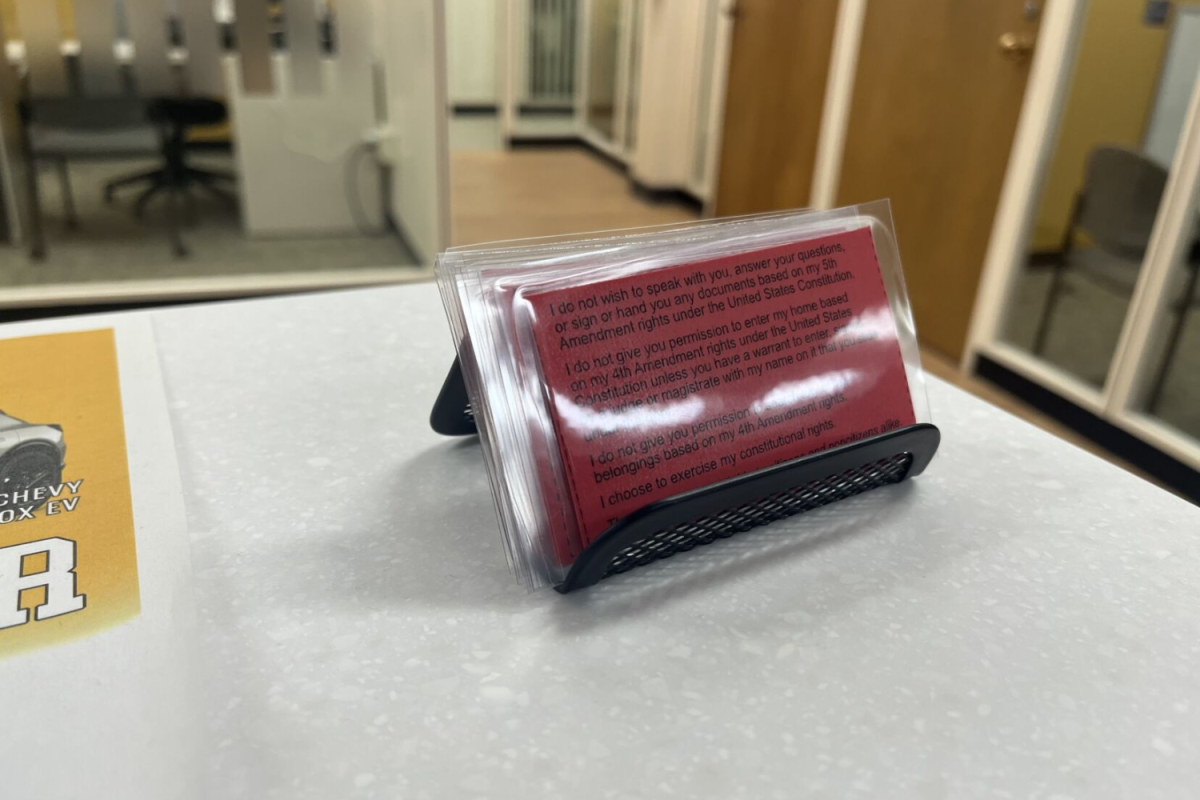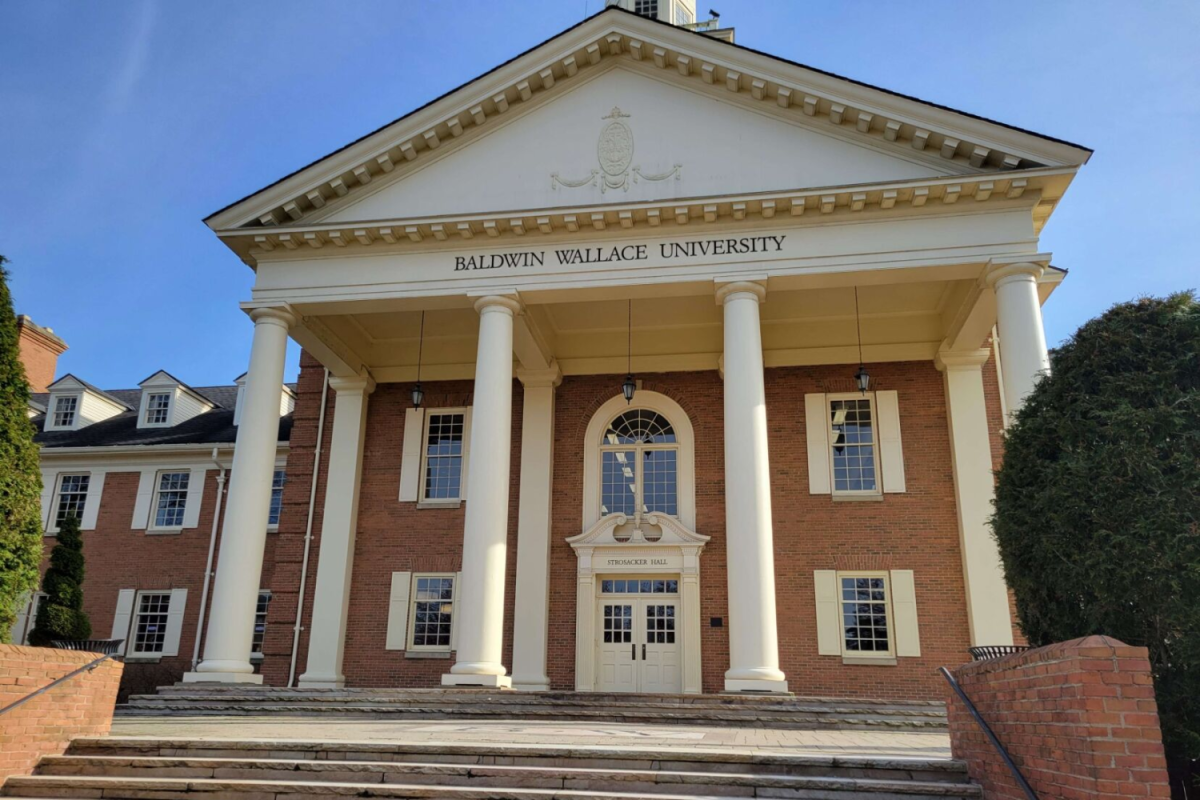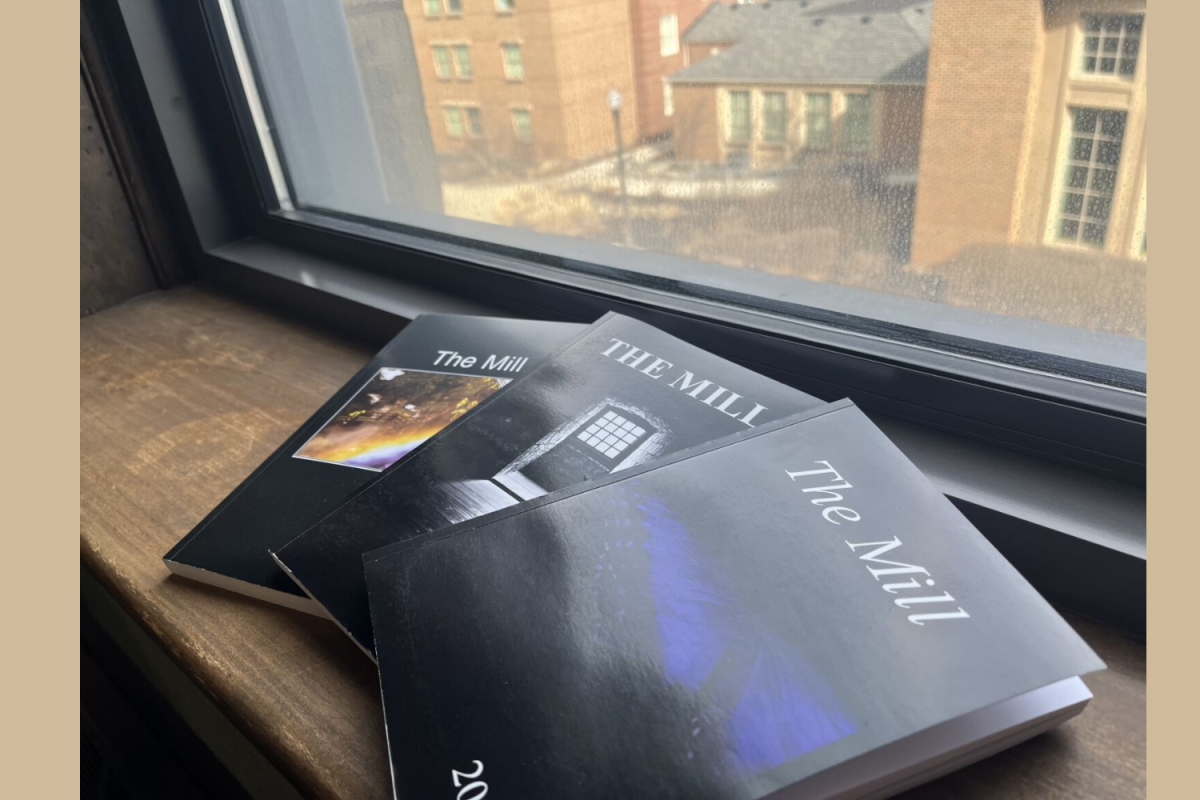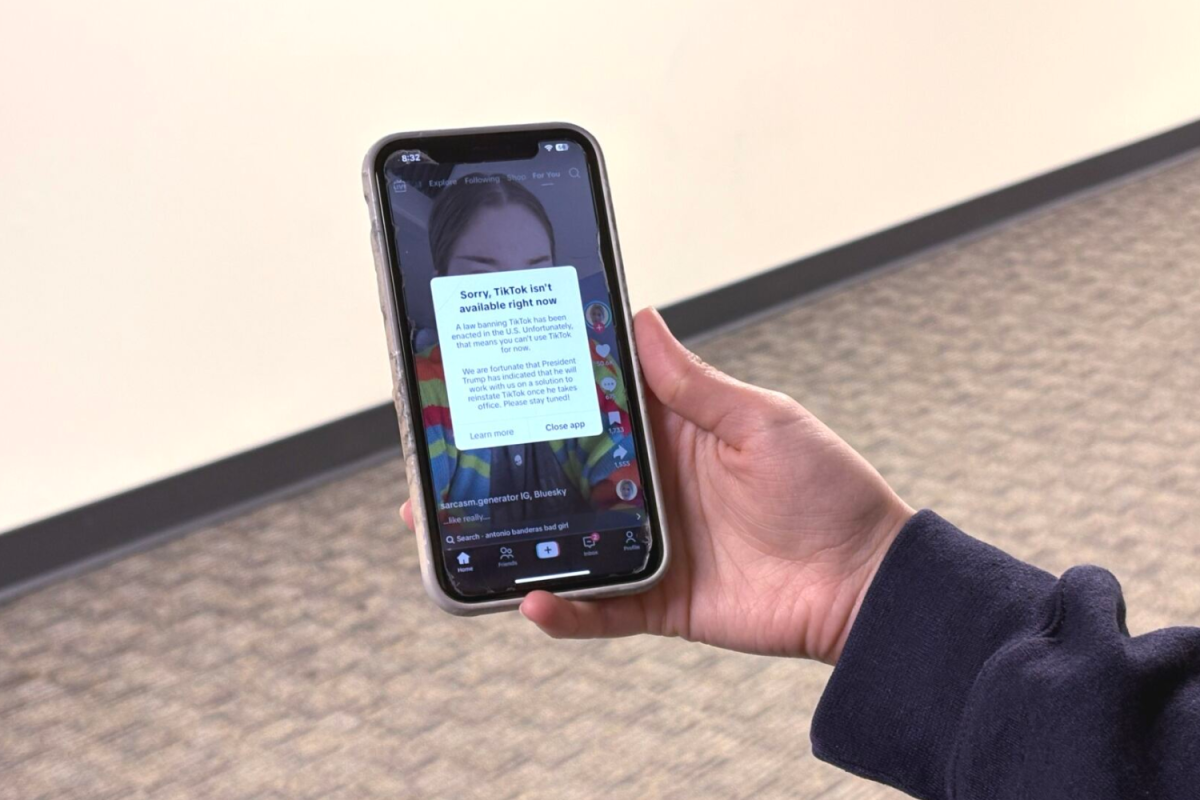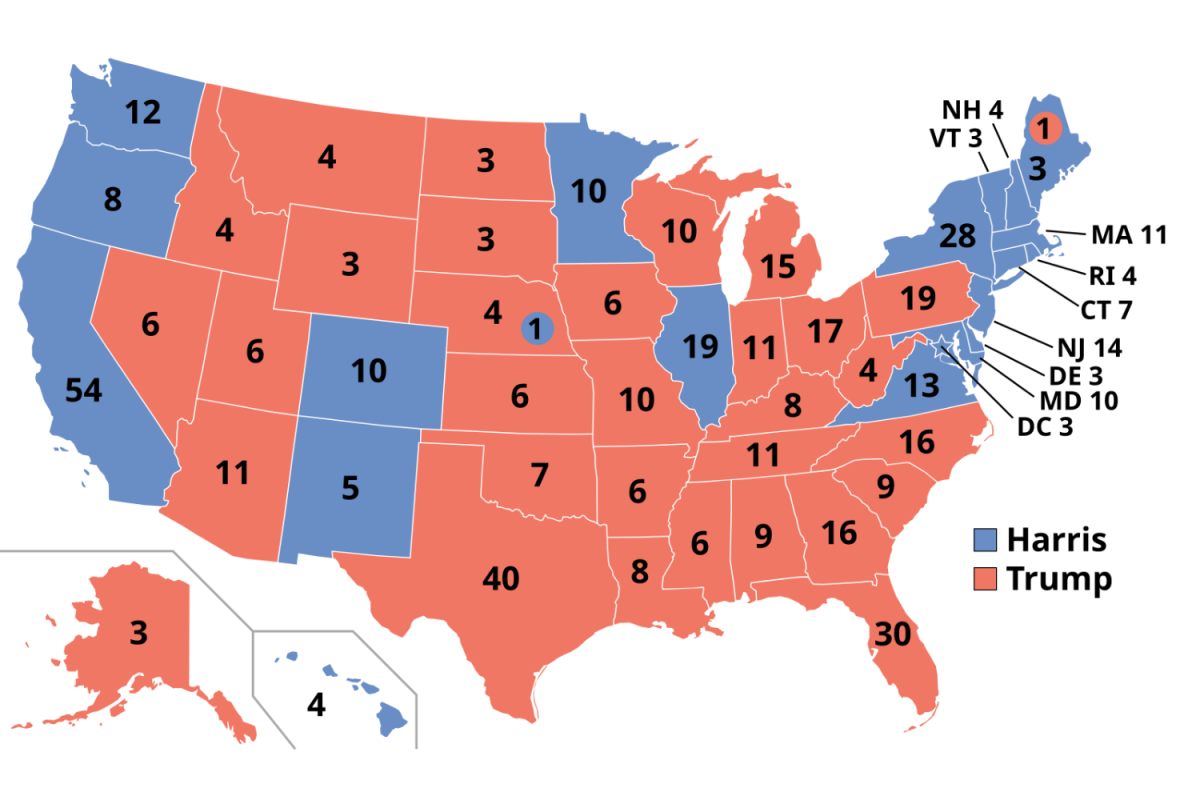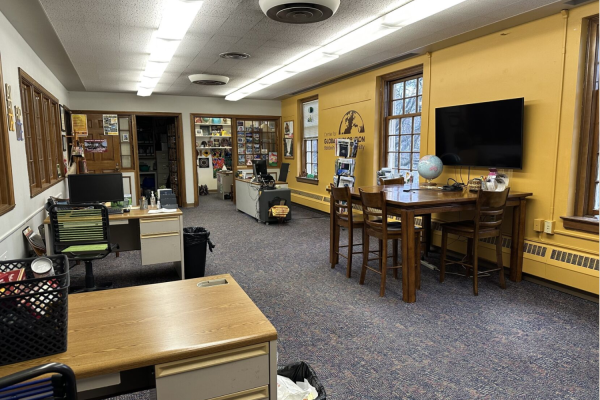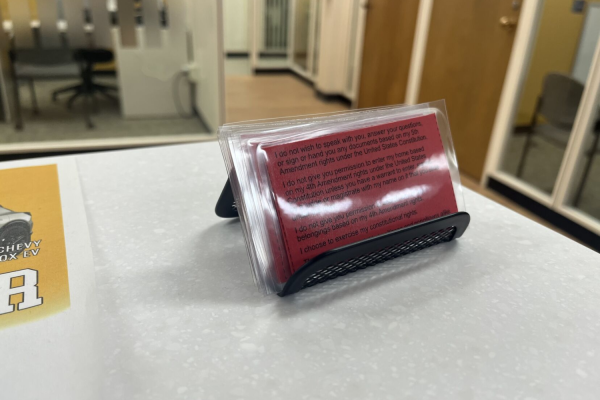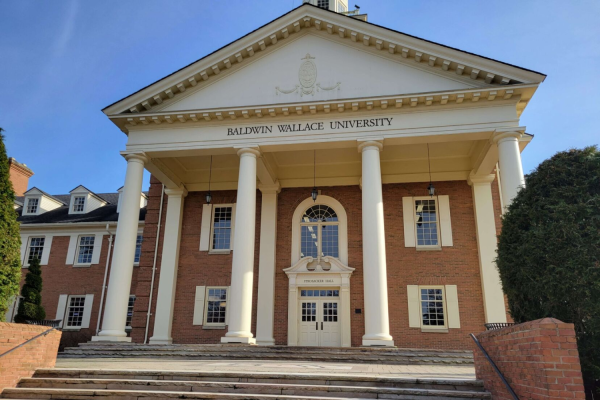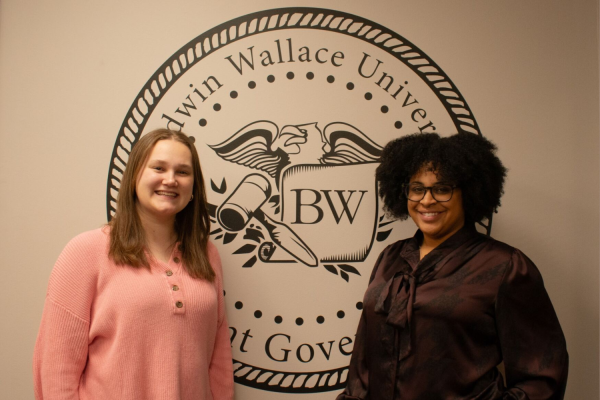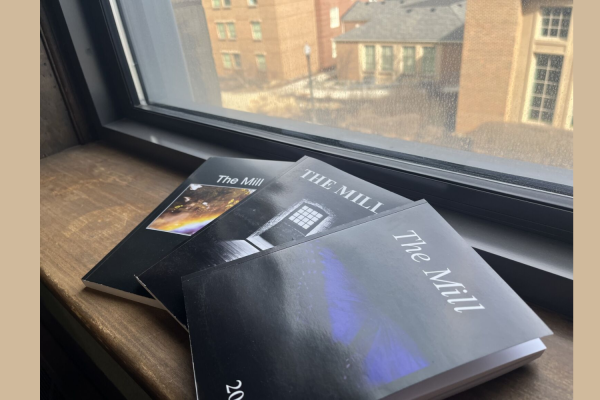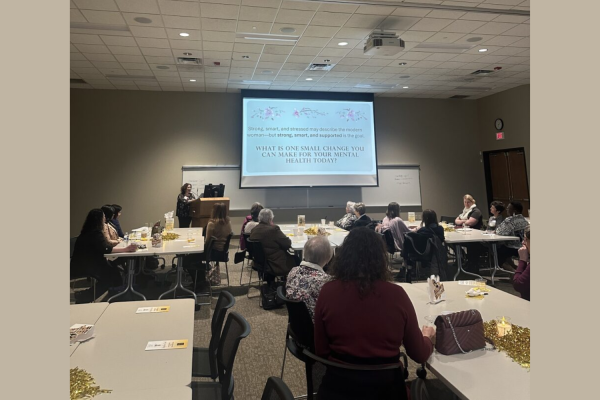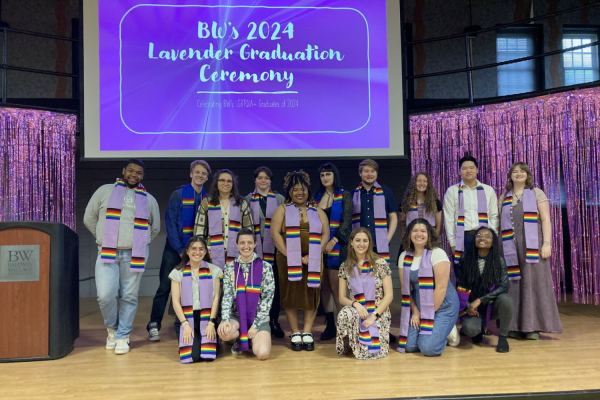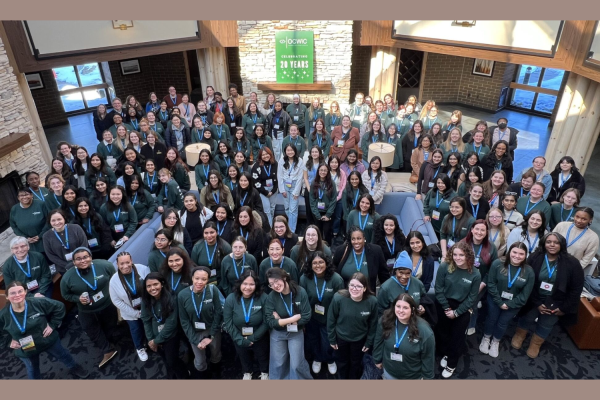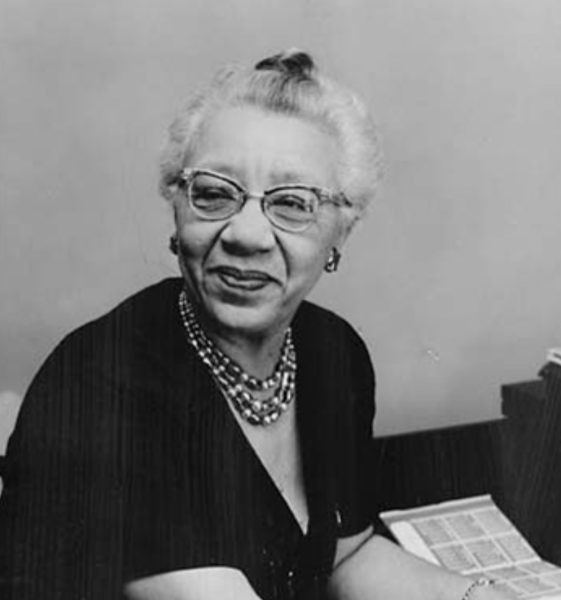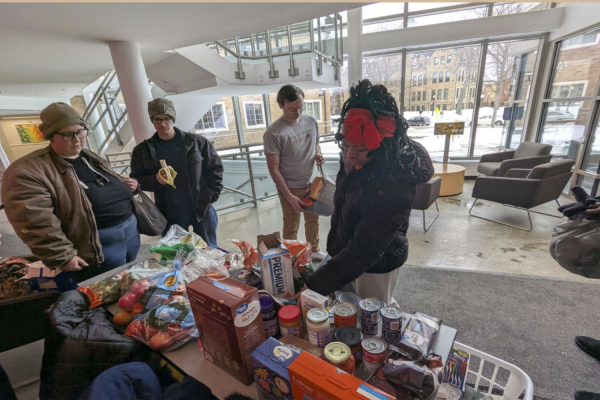New Muslim prayer room allows students to practice their faith on campus
The Muslim prayer room, unveiled in October, allows students to pursue their religious duties and knowledge of the Muslim faith in a brand-new space.
On Oct. 14, students gathered in the lower level of Strosacker Hall for the opening of Baldwin Wallace’s first Muslim prayer room in the history of the University.
According to members of the Muslim Student Association who spoke with The Exponent, the new addition is needed for the growing Muslim student population at Baldwin Wallace.
Prior to the prayer room’s opening, students who did not identify with the Christian faith were given private spaces in the Lindsay-Crossman Chapel and Ritter Library to practice their faith in accommodated areas. Still, according to junior Ayah Zureiqat, the president of the M.S.A., more was needed to be done for students of different religious identities.
“The chapel doesn’t cut it as a prayer space for all students,” Zureiqat said. “You wouldn’t want to be a Christian and be forced to pray in a Mosque, or vice versa. We needed our own space to practice our faith.”
Zureiqat said she came up with the idea with the M.S.A. board after seeing an increase in Muslim students on campus over the past year.
“I’m a junior, and over the years, I’ve seen more Muslim students than ever before,” Zureiqat said. “We have a community here, and like every community, we need a space to support each other.”
Zureiqat said that this prayer room, located in the lower level of the student union, is meant to be a space for Muslim students, as well as a space where students can request information about the Muslim faith.
“This room allows us to fulfill our religious duties in a space made for us,” Zureiqat said.
CJ Harkness, director of spiritual life, said that this space is for anyone who wants to engage in Muslim prayer, whether it be faculty or students. Harkness also believes students must be able to practice their faiths on campus to fully express their diversity.
“Being able to stop and practice faith, engage in faith, to question faith and to explore faith, is a critical part of what it means to fully be ourselves,” Harkness said. “I believe when we are able to be our full selves in a space, not only will the space be better, but we will also be better and more understanding in it.”
The Exponent is looking for financial contributions to support our staff and our newsroom in producing high-quality, well-reported and accurate journalism. Thank you for taking the time to consider supporting our student journalists.

